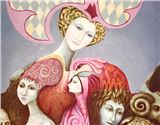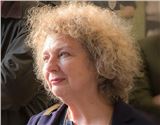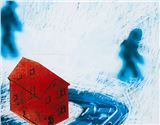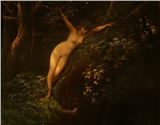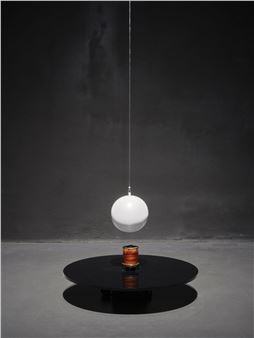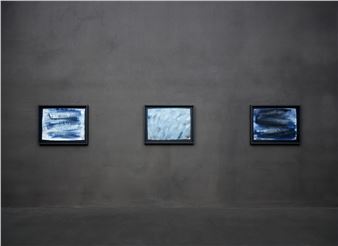Chaos & Order
Today’s world, if anything, is defined by constant change. As humans, we often seek knowledge and information in order to apply meaning to the random realities of life. This is pursued through the creation of actions, laws, and structures, which aid in this understanding. It’s an eternal attempt to ease chaos’ inherent tension and somehow create a sense of balance in the perceived disorder.
Nobel prize winner Ilya Prigogine's chaos theory arises from his success in finding a mathematical model in entropy. In his book ‚ÄėOrder out of Chaos‚Äô (1980) Prigogine and philosopher Isabelle Stengers create a new dialogue between man and nature by claiming that ‚Äú Chaos is the order that we don‚Äôt know‚ÄĚ. In this, he summarised the theory that in biological and sociological systems, evolution does not lead to chaos, as classical thermodynamics seems to teach, but to ever-increasing organization.
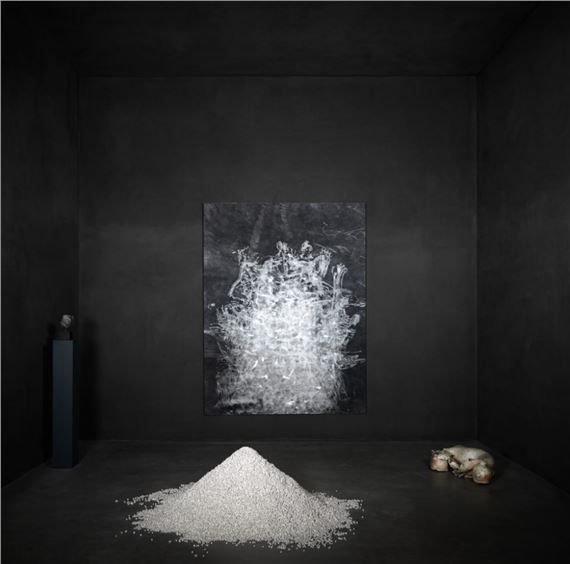
Recommended for you
Today’s world, if anything, is defined by constant change. As humans, we often seek knowledge and information in order to apply meaning to the random realities of life. This is pursued through the creation of actions, laws, and structures, which aid in this understanding. It’s an eternal attempt to ease chaos’ inherent tension and somehow create a sense of balance in the perceived disorder.
Nobel prize winner Ilya Prigogine's chaos theory arises from his success in finding a mathematical model in entropy. In his book ‚ÄėOrder out of Chaos‚Äô (1980) Prigogine and philosopher Isabelle Stengers create a new dialogue between man and nature by claiming that ‚Äú Chaos is the order that we don‚Äôt know‚ÄĚ. In this, he summarised the theory that in biological and sociological systems, evolution does not lead to chaos, as classical thermodynamics seems to teach, but to ever-increasing organization.

 ARTISTS
ARTISTS

